Interview with Harry Faddis
Harry Faddis D.D., C.P.C.C. is programming director of the The Easton Mountain Retreat Center in New York.
Title: The Evolution of the 3-Minute Game: A Conversation with Harry
In a world where personal transformation and connection are often considered complex endeavors, sometimes the most profound breakthroughs come from the simplest of ideas. One such idea is the 3-Minute Game, a concept that has quietly reshaped lives and relationships over the years. In an insightful interview with Harry, the creator of this transformative game, we delve into its origins, impact, and the underlying dynamics of power and surrender.
A Humble Beginning
The story begins with Harry’s personal journey. In early recovery from alcoholism, he found himself immersed in the world of Alcoholics Anonymous, where developing a relationship with a higher power was paramount. Simultaneously, he was teaching at the Body Electric School in California and faced the challenge of instructing a BDSM workshop. The participants struggled to express their desires and needs. Harry pondered how to bridge the gap between desire and expression, a question that would eventually lead to the birth of the 3-Minute Game.
The Birth of a Simple Yet Profound Concept
The game itself is deceptively simple, consisting of four questions: “Tell me what you want,” “Tell me how you want me to tell you,” “Tell me how you don’t want me to tell you,” and “Tell me how you don’t want me to tell you.” The magic happens when participants engage in a dialogue, exploring their desires, boundaries, and the art of consent.
The Dance of Power and Surrender
At its core, the 3-Minute Game is about the dance of power and surrender. It’s not about theology or defining God but rather about each person’s relationship with their concept of a higher power. Whether we call it God, the divine, or something else, the game taps into the shared attribute of power that resides within us all.
Harry challenges the notion that power is exclusive to gender, emphasizing that both men and women possess power and can engage in surrender. This nuance breaks down traditional gender roles and empowers individuals to explore their desires authentically.
Intimacy Beyond Boundaries
The 3-Minute Game isn’t limited to sexuality; its applications extend into various aspects of life. It’s a tool for building intimacy, not just in romantic relationships, but also in communities, families, and interactions with colleagues and strangers. The game’s simplicity and effectiveness have made it universally transformative.
The Power of Simplicity
Reflecting on his creation, Harry is struck by the simplicity of the 3-Minute Game. Unlike tangible achievements or legacies, this ephemeral concept has touched countless lives in profound ways. It’s a reminder that sometimes, the most significant contributions can be intangible and ever-evolving.
Continuing the Legacy
Harry’s retirement from the Body Electric School in 2003 marked a new chapter in his life, dedicated to the Eastern Mountain Community. Despite stepping away from the school, the 3-Minute Game continued to impact lives through his teachings and those he inspired, like Betty Martin and Matt.
A Global Reach
In an era of global connectivity, the game has transcended borders and cultures. Harry’s conversation with Matt, taking place on different continents, highlights how ideas can spread and evolve, even during an epidemic.
A Legacy of Transformation
As Harry reflects on his journey, he remains grateful for his role in the evolution of the 3-Minute Game. He acknowledges that it’s no longer just his creation; it’s a collaborative effort that continues to touch lives worldwide. The game’s simplicity, profound impact, and adaptability ensure its enduring legacy.
In closing, Harry invites all those interested to explore the 3-Minute Game and its related concepts further. In an ever-changing world, this simple yet profound tool offers a pathway to deeper connections, transformation, and a renewed enthusiasm for life’s possibilities. It’s a testament to the power of human connection and the remarkable simplicity that can spark profound change.
As the interview concludes, one thing becomes abundantly clear: the 3-Minute Game is not just a game—it’s a journey, a conversation, and a catalyst for transformation that will continue to evolve and inspire for generations to come.
Please feel welcome to watch the video or read the transcript below.
This is an edited outline of the whole interview.
Hello Harry.
Hello Matt.
Matt:
How are you? Oh my God. I’m really excited to see you. I’m in Berlin at the moment. And you are still up there in upstate New York?
Harry:
Yes, I am. I live here. Yes. And I’m a co-founder of an organization called the Gay Coaches Alliance, an international organization of gay coaches.
Matt:
I appreciate you for bringing this amazing game into the world. It has been changing my life.
And it has been changing the life of many others. You probably don’t really know how many people you have impacted with these dynamics. So how much do you actually know of how you have impacted the world with this game?
Harry:
I only know this from you and Betty Martin. Yeah, so I did this thing, years ago, and it seemed to disappear and nothing happened. And then it was being used by several teachers I trained at the body electric school. I was just surprised when suddenly there was an interest, first of all from Betty Martin, and then from you.
Matt:
How did you find it and how did you develop it? And what’s are the roots? Where did it come from?
Harry:
Okay. So it needs to be seen in the context. I just did it and I didn’t really plot it out or something like that.
And the way it happened was I was in early recovery from alcoholism, maybe about three or four years.
And I was a follower in AA and I did the work called 12 steps that we were asked to do. And the most important part of this work is developing a relationship with God or with a higher power, whatever that might mean to each individual.
And at the same time, I was also working as an instructor at the body electric school in California.
I was teaching and I was asked to teach a workshop on BDSM. And, in that workshop, you need to be able to ask for what you need or desire or fantasize about. And nobody knew how to do that. And personally, I couldn’t do that in my own private life.
And I racked my brain. I brought the best of my intelligence to the situation.
In my mind, I was more interested in BDSM than in my practical life. I was interested in the word ‘power’ and in the word ‘surrender’, and how can we do this. Because in the 12 steps of alcoholics anonymous, one of them is to turn my life and will over to a power greater than me. Intellectually people talk about this endlessly, it’s an interesting conversation. But I was trying to figure out physically, what would that be like…
What would I experience if I turned my will and my life over to you? What would that be like? What would you be like? What would I be like?
And I was reading also Rumi, I’ve been a student of his for 30 years. He has this quote that everybody uses:
“you must ask for what you really want”. It’s so simple. And still, we have the experience of asking for somebody what they want. “What would you like to have for dinner tonight?” And you’ll say, “I don’t know, what would you like?” Why don’t you just tell me what you want? Why can’t that be clear. It’s not a conducive to strong intimacy, unless you decide something.
And one day it just came to me. I was sitting there and I was thinking, how can I get these people to do these things? And without doing them just because I tell them to do something in a workshop. And it just came to me. And it is so simple that it’s beyond my belief.
There are four questions. Tell me what you want. And then I thought, oh, how I tell you is either by doing or saying. I want you to tell me something, tell me you love me. That’s what I want.
Tell me you need me. Tell me I’m beautiful. Tell me I’m an idiot. I don’t know, whatever.
Tell me something about myself that I want to hear. You may not want to hear me say, I love you. So if I say “I love you” a hundred times, it may not register with you, but if I tell you, “I love you” sometimes, that might get your attention because that’s what you want to hear. You don’t want to hear me say “I love you” all the time, that’s ridiculous.
And it all depends on what is inside me, there’s nothing to do. There’s no outside book to read. It’s just two people sitting in front of each other. And it may be that you want to do nothing. And because you want to do neck rubbing doesn’t mean you always want to do neck rubbing. So how do I allow you to change from one minute to the next day?
So it has a lot of contexts and it’s so easy that anybody can do it, whether our awareness is of sexuality or general living. This can be used for general living.
Matt:
In relationship, in community, in engagement with family, colleagues, strangers, even. And this is in my perception why’s it’s so universal and so tremendously transformative, because it is so freaking simple.
Could you talk a little bit more about the dynamics of power and the spiritual realm and what your experience of that is? And if there are some difficulties or obstacles when playing the game – what were the traps people went into when they played it?
Harry:
Well, the first trap is theology. So this is not about theology, whether or not there’s a God. That’s another discussion.
This is about your relationship with whatever you believe is a higher power.
It’s easy to say God. If we can have the concept of God that we are made in God’s likeness, that there’s a God inside. Most people would agree to this, whatever you call it, it could be Christ or whatever.
So we share the divine attribute of power, whether we’re men or women. And when it comes down to earth, that conversation is different between men and between women.
Because there are people who believe that power is a part of our male part and surrender is female.
I don’t agree with that construct. Women have power in the same way that men have power.
So how can I surrender my will? How can I do that?
It came to me, if I’m kneeling in front of you, I can surrender. I have that experience. It isn’t even really describable.
I’m on my knees and you’re not, you’re standing up. I’m looking up at you. And there’s going to be a conversation, even if it’s nonverbal, there’s going to be a conversation that I want something. Or from up there, what do you want? Why are you kneeling there? I need. I want. I am kneeling here. I can tell you what I’ve always wanted.
I’ve always wanted somebody to do… something.
We all have this yearning that we’ve never gotten filled, more than likely. So from the viewpoint of the person surrendering, there are those statements or needs or wants. What happens from the person standing, looking down at this human being whose life is in your hands, especially if you’ve been tied up, say that your hands are bound and you are in this state. What kind of God am I going to be?
I have this power. And if I don’t use it, you’re going to be disappointed if I pretend I don’t have it.
So if I can rise up to that occasion, I can be God for you for an hour or five minutes.
I’m told in India, some places have this custom, that if I’m in deep distress, I can come to you and ask you to be God for me for 10 minutes. And you will do that. My problem is too big, I can’t talk to Matthias. I need to speak to God. Then only then can I trust. I can’t trust the humans. I can’t trust you, but I can trust God. Some things are so enormous that they require this interaction. It’s not handled on the earthly plane. It could be forgiveness, guilt, sadness, grief, all of these things.
So I realised when I first created that workshop, it was called ‘Power and Surrender’, and I was missing something. I didn’t know what it was, but I discovered it when I was conducting a spanking workshop.
In that workshop, each person was A or B, a giver or receiver. And you had to do both. Many people only like to do one, but in this workshop, you had to learn how to do both, to have that experience. And two people came out of that temple and they said, I had no idea that spanking had anything to do with intimacy.
And the light went on. And I thought, this is what happens when two people do this exercise of power and surrender – they develop a relationship, a deep relationship that is almost hard to talk about, the closeness that we feel with somebody.
And it is possible for two human beings to feel this without any hooks. I’m not going to be your boyfriend or girlfriend. I had this intimacy with you.
This is what it means when we’re all walking around with God inside, why we can experience this from each other all the time. There’s no reason to be starved from intimacy.
We should be thriving on the love of God from each of us.
Matt:
So what would you say after more than 20 years of playing it and practising it and teaching it to people, what would be the change or a deepening or an add-on or anything else that was missing that you would do differently?
Well, that’s a good question. I retired from the body electric school in 2003. So I decided to devote my life to the formation of the Eastern Mountain Community as a daily activity.
Some things are so simple. If I say, “what do you want me to do?” And you say, “I have no idea”. Then we rest in that, that you have no idea, until something occurs. So intimacy requires resting and being with each other. It requires training and people think that’s ridiculous.
We know how to have sex with each other. And when you interview people, you find out, yes, they do know how to have sex. And generally they’re not satisfied, either one of them. They never get what they want. And then people complain and I don’t believe them. They say “I’m always the giver, I never get what I want”. And I don’t believe them because if they were always the giver, they wouldn’t be complaining.
If I’m a giver, I’m a giver and I’m not complaining about it. I’m doing it because a hundred percent, that’s what I want to do. And you’re not giving me anything back. That’s not the point. I gave a hundred percent.
If I want something back then I have to ask. We want something to happen without having to ask for it.
I wanted you to give me a rose on my birthday, but I didn’t ask. And for 10 years you’ve been giving me carnations. You were saying, I want you to be God and know who I am and what I want.
Matt:
Well all the shadows come into place and people’s behaviour to belong and getting their needs met and expectations and pleasing and the entire shebang.
So I just want to give you a testimony that I had the most amazing breakthroughs through these three/four sessions that we had. So I was just blown away. And the way how you helped me was just fantastic. So I’m very grateful for that.
And I would like you to know as well that I have been breaking down the 3-minute Game in a neurophysiological way through the Polyvagal Theory and somatic experience. I have broken it down into trauma research and being trauma informed, specifically for hands-on practitioners and facilitators, so that they understand how important it is to have agreements that are functioning, to have a container where an experience can happen, that allows people to thrive and transform.
Harry:
And it is simple. If you want to refer to Jesus, he put his hands on somebody. That’s all. We know that in hospitals, secretly nurses are going around touching people and something happens. So this is the same way. I don’t have to wait until I’m sick and dying to be touched. And if I have trauma as the wound I’m coming like the blind man. There was no conversation, Jesus knew it, he was blind and he wanted to see. So trauma can be impacted by this. In talking about it, we don’t have to feel it, we don’t have to feel the wounding of that trauma. But in having somebody’s hands on you, we have to feel it in our body. It’s not complicated. There’s nothing wrong with us. Our body is equipped to feel this and to transform it. Transform is a better word than letting go. But there can be a moment when this is the ruler of our life. And in the next moment where we are returned to the ruler of our lives. I believe that, I’ve seen it happen.
Matt:
I’m very, very grateful. And I’m really honoured that you took the time to speak about this in depth. I really appreciate your depth. Do you have any last comment or message? What would you like people to know?
Harry:
Well, if people are interested, all they have to do is Google these things. You know, a year or a year and a half ago, I didn’t know you. And now I know you from a different part of the world, and we have this conversation and these days, this is so possible. And it happens that we’re doing this in the time of an epidemic, and this is one of the benefits or favourable effects of our being shut in. And I believe that when this is over, we’re going to go about our work with a renewed enthusiasm. And my simple idea has been developed by Betty Martin and by you and by ISTA and other people are doing this. And then something else will be discovered to speak to people and their needs if they are younger and different. So I’m happy to have been part of this process. And thank you for including me, I appreciate it.
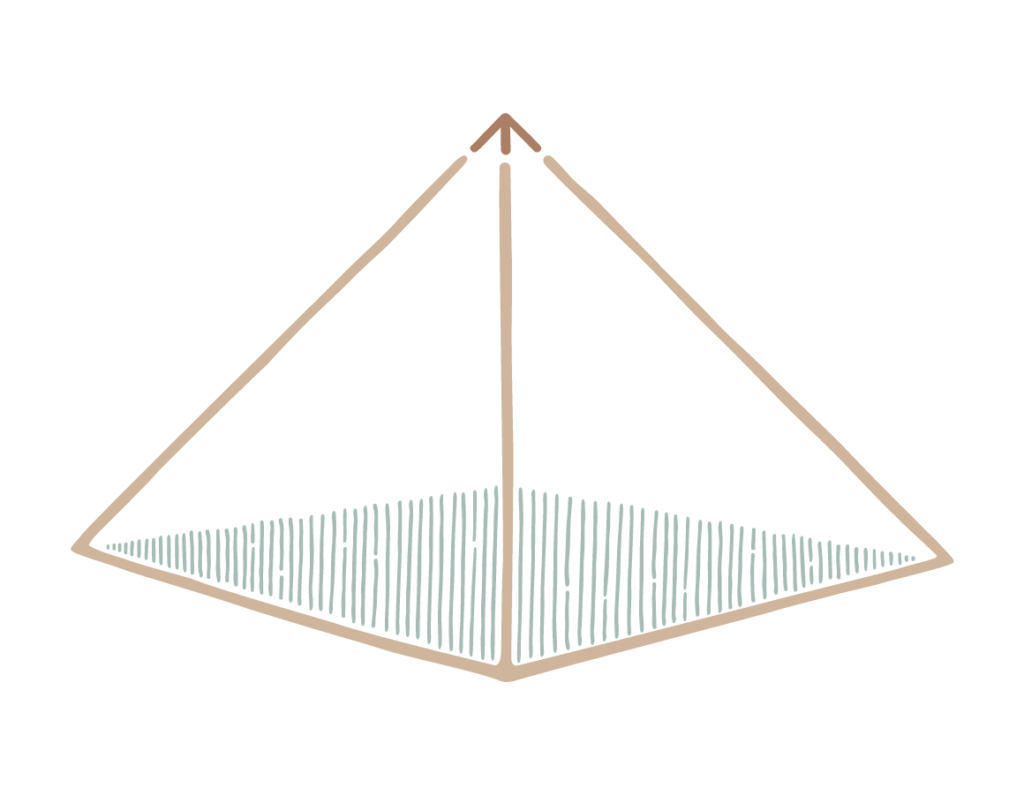

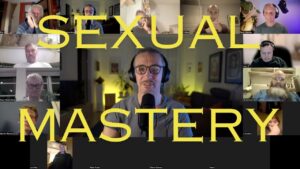

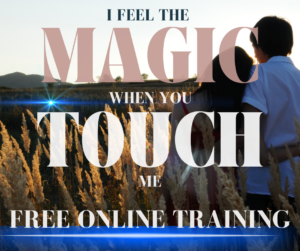
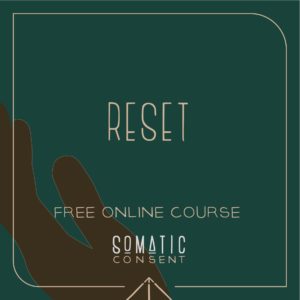

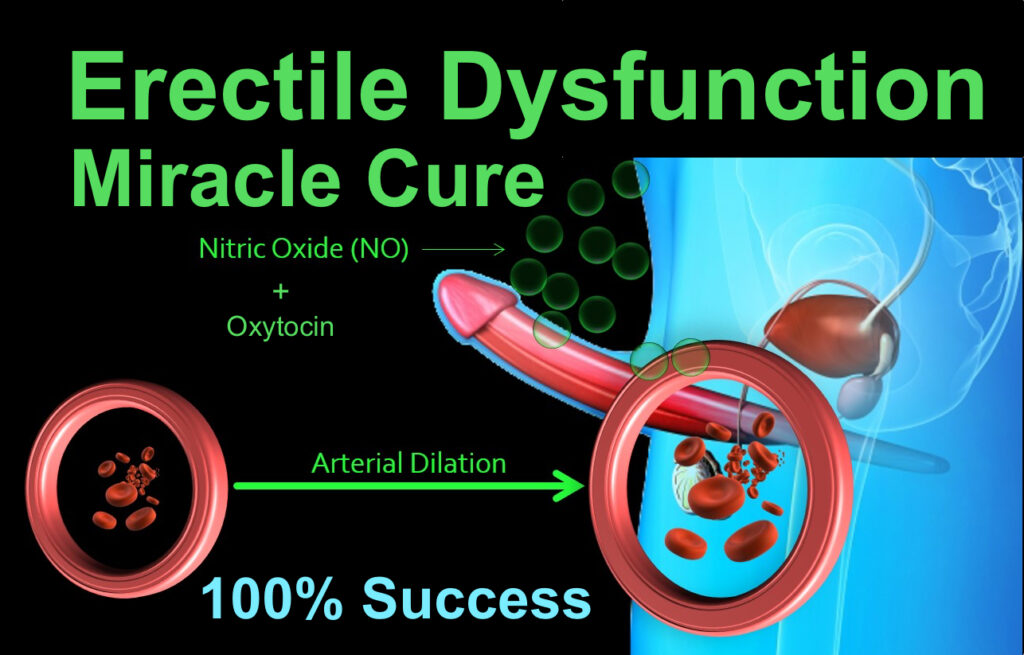
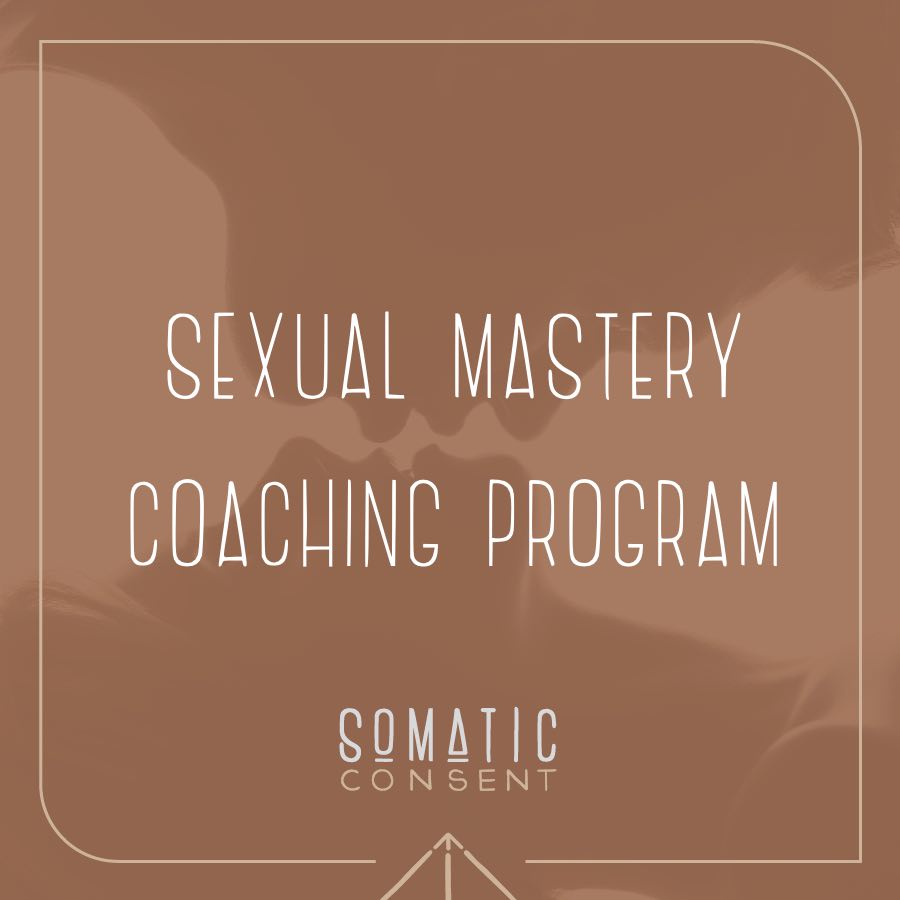
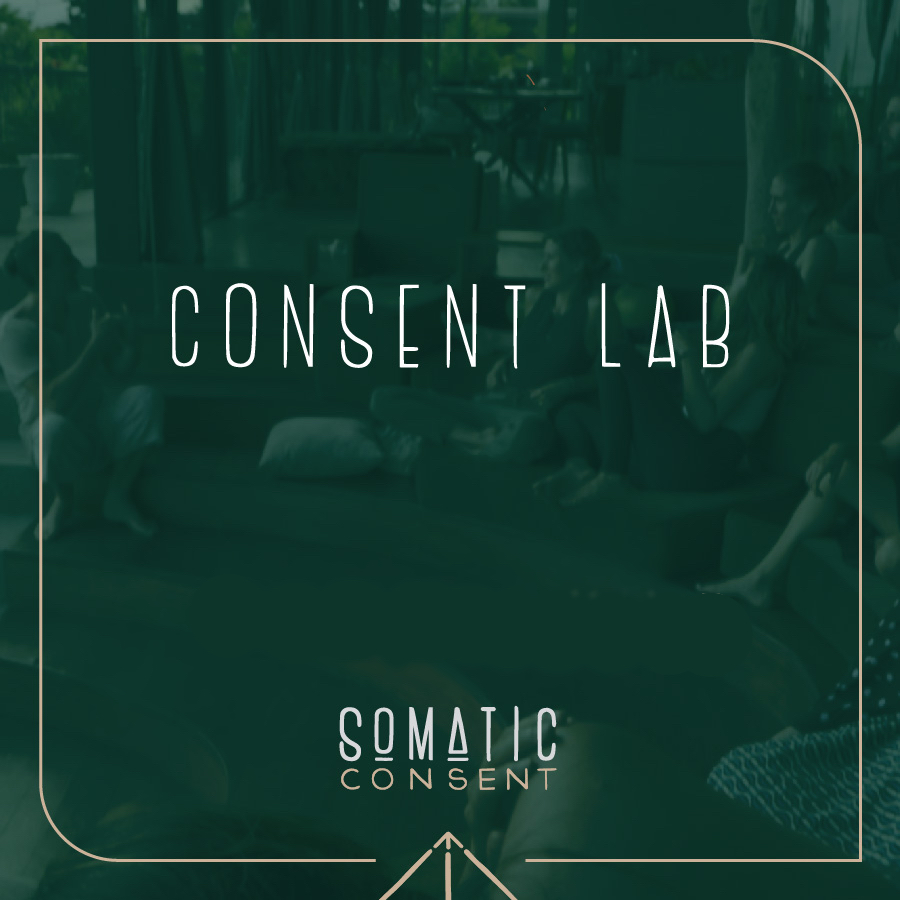
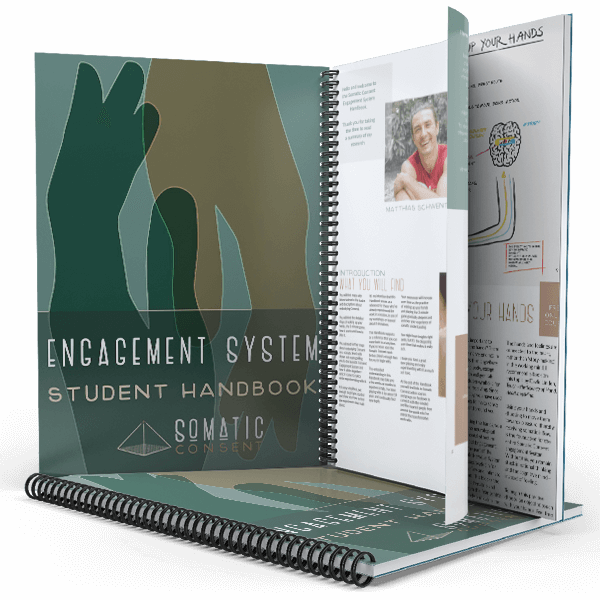
Leave a Reply